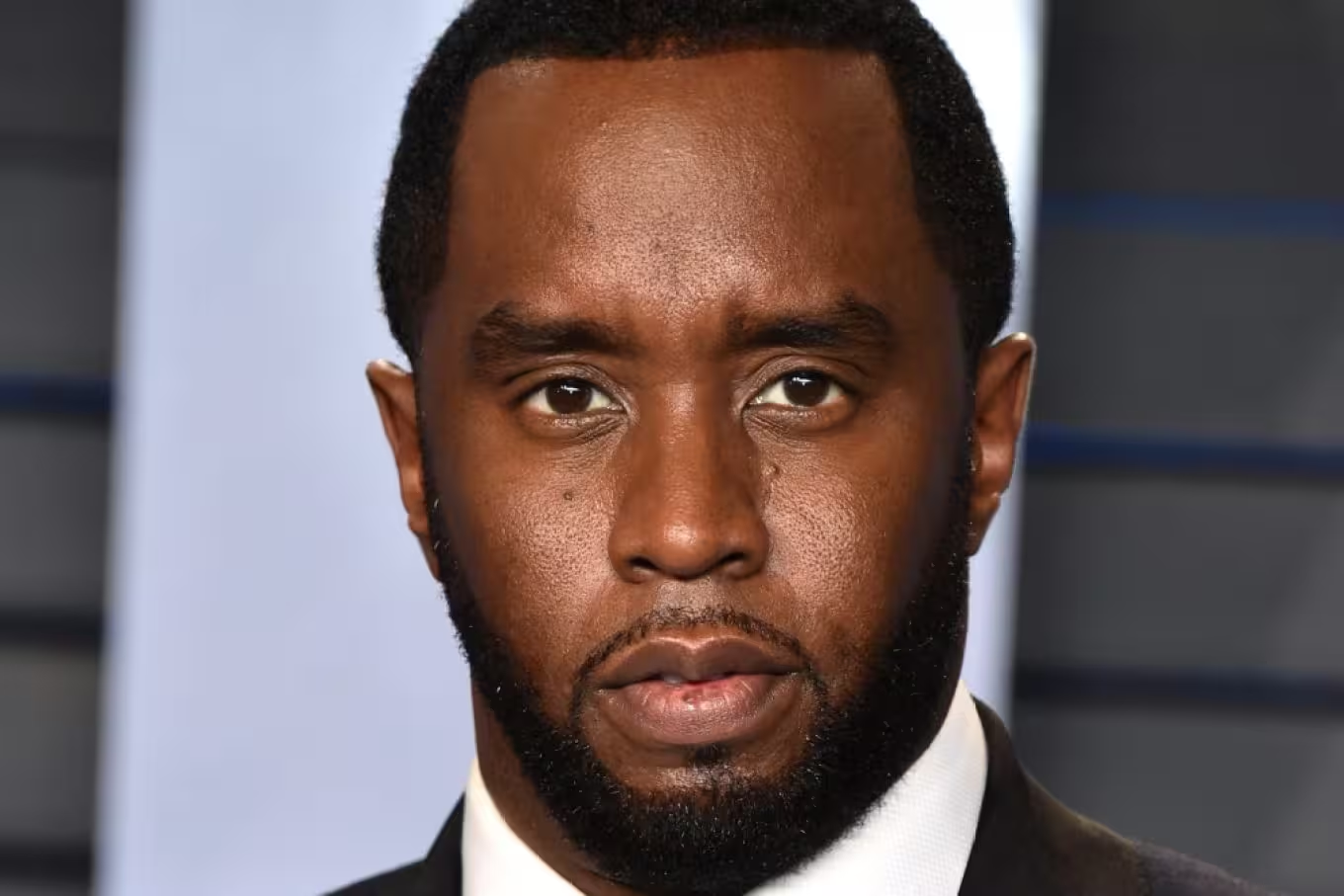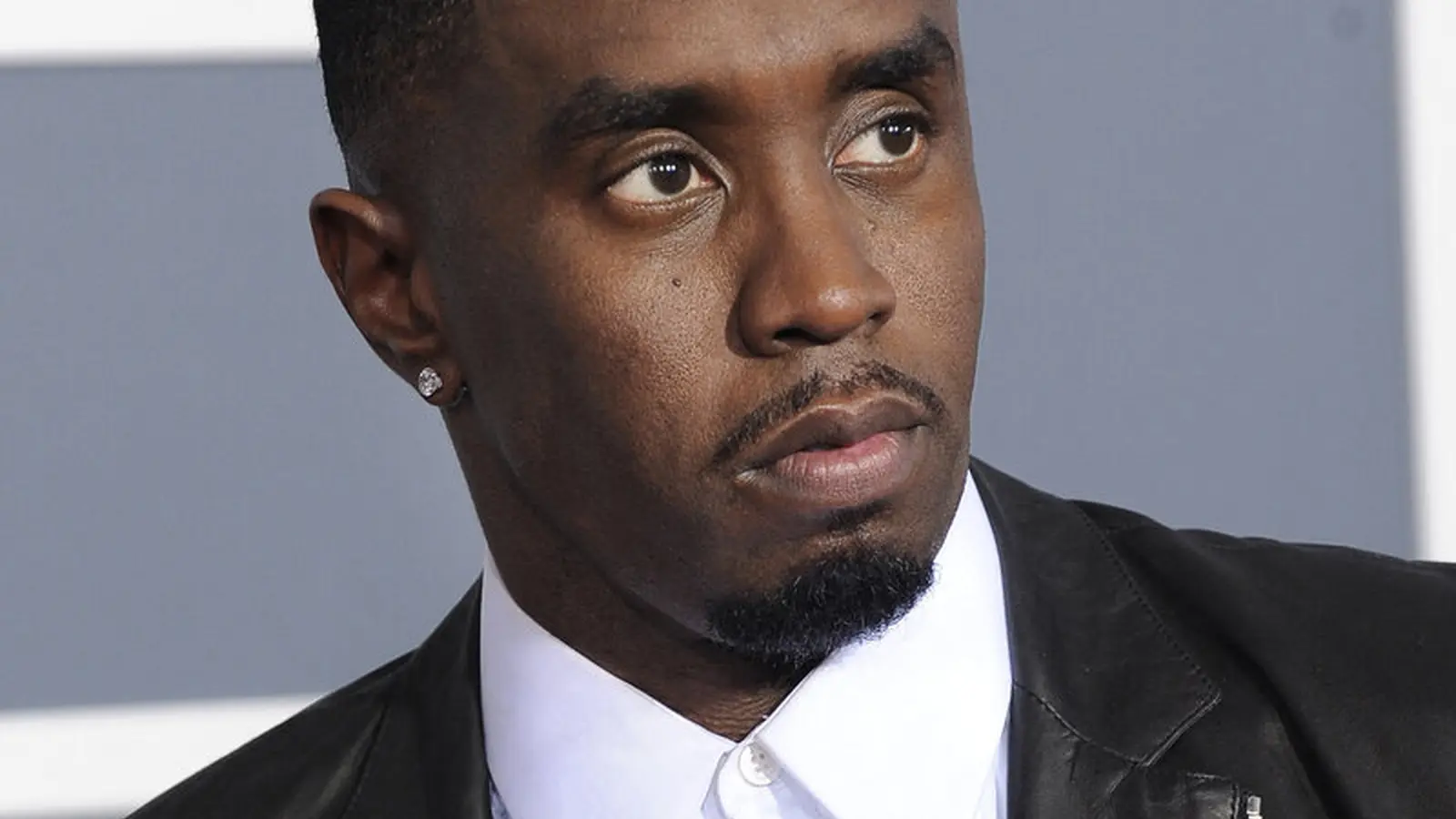11 Minutes
The sentence that reverberated beyond the courtroom
Sean "Diddy" Combs — the music mogul, producer and public face of Bad Boy Records — was sentenced to 50 months (roughly four years and two months) in federal prison after a conviction on two counts of transportation to engage in prostitution under the Mann Act. The judge also ordered a $500,000 fine and five years of supervised release. Combs has already served 12 months behind bars, which will be credited toward the sentence, and his legal team signaled immediately that an appeal is coming.
The October 3 hearing drew attention not only for the punishment handed down to one of hip-hop's most prominent entrepreneurs but for how the case and sentencing echo through entertainment — from the ways true-crime stories are produced to how studios and streaming platforms respond when high-profile creators face criminal convictions.
The courtroom narrative: achievement, violence, and accountability
Judge Arun Subramanian framed the sentence with a striking tension: he acknowledged Combs' cultural significance and philanthropic work as important context but made clear that those accomplishments do not erase the criminal conduct detailed during the eight-week trial. Prosecutors presented evidence and testimony from dozens of witnesses; 34 people testified in the case, and the courtroom was shown a 2016 hotel surveillance video depicting a violent attack on Casandra "Cassie" Ventura, which the judge referenced directly.
Subramanian told Combs the court was attentive to the "personal history and characteristics" of the defendant — a standard consideration — but stressed the need to weigh the severity of his actions. "We saw the video of your savage beating of Ms. Ventura," he said, adding that Combs committed "serious offenses that irreparably harmed two women." He also told the victims he was proud of their courage for coming forward, and urged Combs to use his influence for good, suggesting that he could devote his future efforts to supporting survivors of domestic violence.

In a tearful address to the court, Combs apologized repeatedly, called his 2016 assault "disgusting, shameful and sick," and attributed part of his behavior to substance abuse and other personal struggles. He pleaded for mercy, spoke directly to his six adult children seated in the gallery, and vowed never to "put my hands on another person again." Defense lawyers had urged a lighter sentence — arguing for credit for Combs' philanthropic work and rehabilitation efforts — while federal prosecutors pushed for a significantly longer term, at one point seeking more than 11 years.
Verdicts, counts, and the legal perimeter
It is important to be precise: Combs was convicted on two counts related to transportation to engage in prostitution under the Mann Act. He was acquitted of sex trafficking and racketeering conspiracy charges. Each Mann Act count carries a maximum sentence of 10 years; sentencing ultimately landed at 50 months. The case's complexity — allegations of violence, claims of consensual relationships, and competing narratives about Combs' role — made it one of the most watched celebrity trials this year.
Following the verdict in July, Combs' team filed motions for acquittal and various other legal challenges. The sentencing hearing included emotional testimony from family members, public statements from victims and their attorneys, and an intense back-and-forth between prosecutors and defense counsel about Combs' acceptance of responsibility, or lack thereof.
What this means for film, TV and the portrayal of powerful figures
For readers interested in cinema and television, the broader implications are unavoidable. Combs isn't just a music executive; he's a producer and a figure who has been represented in and has produced cinematic projects. His case enters a media environment increasingly attentive to how we depict powerful men in popular culture. Producers, networks and streaming services are faced with recurring decisions: Do you continue collaborations? Pull content? Commission documentaries that interrogate the behavior? These are not just legal questions but reputational and financial ones.
The past decade has seen a surge in true-crime and accountability-driven documentary series — from Surviving R. Kelly to the dramatized examinations in anthology series like American Crime Story. Studios are now more deliberate about how to treat stories of celebrated creators accused of abuse. The Combs case will likely be folded into that catalog of content by documentarians and scripted creators alike, and could reshape how future biopics and music industry dramas address the darker, unvarnished aspects of their subjects.
Comparisons in storytelling
Cinephiles will spot parallels with productions that probe celebrity misconduct. The layered, high-profile trial recalls narrative beats seen in shows such as The People v. O. J. Simpson and in documentaries that centered victim testimony and archival evidence. If filmmakers opt to dramatize Combs' story, they will face the same ethical and creative choices: how to center survivor voices, how to balance legacy with culpability, and how to dramatize real suffering without sensationalizing it.
Industry fallout: projects, endorsements, and legacy
Historically, a conviction of this magnitude can complicate existing and future projects. Studios and brands often move quickly to distance themselves from legal controversy: paused releases, removed credits, and delayed deals are common. Combs' production credits and investments mean the ripple effects may reach small indie films he backed, larger studio projects where he served as an executive producer, and TV projects in development.
At the same time, some platforms view these stories as content opportunities. The appetite for behind-the-scenes narratives about fame and fall has increased among audiences and streamers eager for compelling, morally complex material. That creates a paradox: punishment and accountability can coexist with renewed scrutiny and storytelling about the very offenses that sparked outrage.
Voices in the room: victims, family, and counsel
A dramatic feature of the sentencing was the emotional testimony delivered by both victims and Combs' children. Casandra "Cassie" Ventura submitted a letter describing ongoing trauma and nightmares; she testified during the trial and spoke powerfully about the long-term effects of the 2016 assault. Combs' family — including six adult children — pleaded on his behalf, with several family members breaking down in the courtroom and an 11-minute video montage presented to the judge showing his relationship with his children.
Prosecutors argued that Combs had not truly accepted responsibility, citing public behavior and the persistence of what they portrayed as manipulative conduct. Defense attorneys countered with testimony about Combs' efforts to help other inmates, his philanthropic history and addiction treatment stories. One defense lawyer described Combs teaching a six-week business course to fellow inmates as evidence that he still has positive contributions to make.
True crime, cultural reckoning, and audience reaction
Streaming platforms and TV networks have, in recent years, taken viewers deeper into complex moral terrain. Audiences have shown they are hungry for narratives that examine how systems of power enable abuse — and how survivors find their voices. Reaction on social media after the sentence was swift and polarized: some celebrated the accountability, others expressed sympathy for Combs' family or questioned the scope of the charges. In film and TV communities, conversations turned to whether and how Combs’ story will be told on screen.
There is an important cultural trends context here: the industry has increasingly prioritized survivor-centered narratives. Documentaries that foreground victims’ perspectives and investigative journalism that follows the money behind misconduct have proven commercially and critically successful. That pattern suggests any on-screen treatment of the Combs story may similarly foreground survivors and the structural issues that allowed alleged abuses to continue.
Behind the scenes and the people who cover these stories
Beyond the courtroom, there are smaller, cinematic details that will interest film buffs. Combs' entertainment footprint includes involvement in films and his role shaping hip-hop's visual culture — from music videos to biopics like Notorious, a 2009 film about Notorious B.I.G. that Combs had an association with as a cultural figure. That connection to screen storytelling raises additional questions for producers: should credits be removed from past projects? Will upcoming festival lineups and retrospectives consider distancing or include disclaimers? These are practical questions production houses and distributors will face.
Film festivals, broadcasters, and streaming platforms increasingly have policies around contributors who become embroiled in criminal controversy, and the Combs case will test those policies in a high-profile way.
Community and industry reactions
Colleagues, collaborators and industry peers reacted in a range of tones — from condemnation to caution, and from legal curiosity to broader moral reflection. Fans and cultural commentators debated the legal outcome and its cultural meaning. Some Black community leaders and allies noted the particular complexity of condemning a powerful Black entrepreneur who has had a major cultural impact while also holding him accountable for violent wrongdoing.
These debates are not new; they mirror earlier cultural reckonings in entertainment. What may be new is how quickly documentary teams, investigative journalists and scripted writers can mobilize archival footage and multichannel storytelling to investigate and dramatize such cases.
Expert perspective
"This is a moment where our entertainment industry must balance story and responsibility," says cinema historian Marko Jensen. "How we depict people like Combs on screen — whether in documentary or drama — will influence public memory and the way future generations understand the relationship between fame and accountability."
What to watch next
Expect several follow-ups in the months ahead. Legal filings will continue as Combs appeals. Documentarians and investigative reporters may use the long public record from the trial to produce new work. At the same time, studios and distributors holding projects tied to Combs will weigh contractual obligations, brand risk and audience sentiment.
In terms of storytelling, creators who choose to dramatize or document these events will be challenged to craft narratives that are both compelling and ethically grounded. The trend toward survivor-centered documentaries suggests that any future cinematic examinations of the case will likely foreground the women who testified and the systems that enabled abuse.
Final notes
This sentencing marks a significant chapter in the public life of one of hip-hop’s most influential figures. For lovers of film and television, it is also a reminder of how stories about fame — and the fallibility of its heroes — continue to shape our screens. The interplay between justice, media, and narrative will be watched closely: by the public, by creators, and by the survivors whose voices are now part of the record.
Whether Combs' name remains attached to projects or fades from credits, the case will likely become part of the larger cultural conversation about power, accountability and how the screen frames both celebrity and crime. For viewers and creators alike, those conversations will play out in documentaries, dramas and think pieces for years to come.
Source: variety



Leave a Comment